Volunteering for True Change
Article By Trishya Screwvala
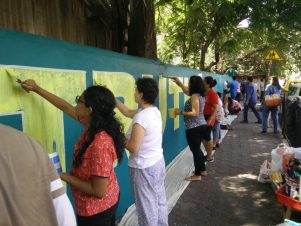 Winston Churchill famously said, “We make a living by what we get but we make a life by what we give”. When we speak of volunteering today, we often think of people who have “more”, an abundance of knowledge or resources, sharing with those who we consider to have “less”. However, if we look at volunteering merely from this exoteric perspective, we miss out on the very essence of what it means to volunteer. True giving has the potential to go far beyond the physical act of providing.
Winston Churchill famously said, “We make a living by what we get but we make a life by what we give”. When we speak of volunteering today, we often think of people who have “more”, an abundance of knowledge or resources, sharing with those who we consider to have “less”. However, if we look at volunteering merely from this exoteric perspective, we miss out on the very essence of what it means to volunteer. True giving has the potential to go far beyond the physical act of providing.
Today, most of us recognize the need to bring about a change in our world, however, we may feel helpless when faced with the sheer enormity of the issues staring at us, or might even consider it someone else’s responsibility to address. We look to local government bodies to improve our cities’ infrastructure and cleanliness, or to our Prime Minister to solve socio-economic inequalities. But rarely do we look inwards and recognize the need to change ourselves. Can we really enforce change around us in a sustainable manner unless it comes from within?
In India alone, we have close to 3.1 million registered Non Government Organizations (NGOs), of which many are taking significant steps in addressing critical issues. (1) The number of people worldwide donating money to NGOs has increased from 1.2 billion in 2011 to 1.4 billion in 2014, and nearly one in three people has donated to charitable causes in 2015 while one in four has volunteered. (2)
Despite the scale of these efforts, however, we are yet to bring about the change we are looking for. An alarming 1 billion people continue to live in extreme poverty (earning under $1.90 per day) across the world. (3) One in ten people still lack access to safe water, and one in three people lack access to a toilet. (4) As our population continues to expand, are we really able to positively impact human life?
We continue to look for external solutions, without realizing that unless we initiate change within ourselves, no level of interventions from organisations can sustainably address the problems we face. After all, isn’t it us, as individuals, that collectively create these very organisations, that we hope will miraculously change our world? Lao Tzu recognized this profound principle of life when he wrote, “If there is to be peace in the world, there must be peace in the nations. If there is to be peace in the nations, there must be peace in the cities. If there is to be peace in the cities, there must be peace between neighbors. If there is to be peace between neighbors, there must be peace in the home. If there is to be peace in the home, there must be peace in the heart.”
Volunteering can be defined as choosing to act in recognition of a need, with an attitude of social responsibility and without concern for monetary profit. (5) Perhaps the beauty of volunteering lies in the discovery that it is not actually about “giving” at all. How can we “give” to something that is inherently “us”? Are we not ourselves an integral part of our society, our nation, indeed our universe?
Einstein illustrates our interconnectedness with society: “The whole of our actions and desires are bound up with the existence of other human beings. We eat food that others have grown, wear clothes that others have made, live in houses that others have built. The greater part of our knowledge and beliefs has been communicated to us by other people through the medium of a language which others have created. The individual, if left alone from birth would remain primitive and beast-like in his thoughts and feelings to a degree that we can hardly conceive. The individual is what he is and has the significance that he has not so much in virtue of his individuality, but rather as a member of a great human society, which directs his material and spiritual existence from the cradle to the grave.”
Fostering the spirit of volunteering is a wonderful opportunity to put our personal desires aside, for something much larger than ourselves. It can be one of the most powerful tools for self-transformation, empowering us to take responsibility for our surroundings, while actively partaking as citizens. It is philosophy in action, allowing us to practice innate human virtues like generosity and justice. And doing for others causes us to think of our own selves less. In fact volunteering is an expression of our humanity, an act of will, allowing us to act with deliberate intention, as a master rather than a slave of the animalistic calls of the personality.
In Plato’s allegory of the cave, the spirit of volunteering is captured by the man who, having seen the light of the Sun, returns into the cave to fulfill his duty by sharing his realization with others, despite the difficulties involved. “When I let go of who I am, I become what I might be,” said Lao Tzu and this is where the incredible potential for growth and transformation lies. Perhaps this is what it really means to be human. And if such action can inspire others, perhaps this is what can enable real and sustainable change.
Therefore, volunteering is not as much about giving, as much as it is an attitude of service that we can practice at every moment in our lives. It is evident that this principle of service resonates with the natural order of life around us. Without ever expecting anything in return, the sun emanates light, energy, warmth and holds the entire solar system together. And it does so persistently, rising and setting, day after day tirelessly. As human beings, perhaps we too have a specific service to offer, not just to humanity, but to life. The true spirit of volunteering is to discover and fulfill that purpose, to align our personal wants with the greater needs around us. It is the recognition that the external is but a reflection of the internal. And hence internal change is the only sustainable way to create transformation.
Image Credits: Images Courtesy New Acropolis
The entity posting this article assumes the responsibility that images used in this article have the requisite permissionsImage References
Images Courtesy : New Acropolis
Permissions required for the publishing of this article have been obtained
Article References
Bibliography 1. Manku, Moyna. Too Many NGOs or too Little Classification. Live Mint E-paper. < http://www.livemint.com/Politics/lxq1rJaqruWeVbf2MWmbII/Too-many-NGOs-or-too-little-classification.html> (August 4, 2015) 2. Charities Aid Foundation. CAF World Giving Index 2015: A global view of giving Trends. < https://www.cafonline.org/about-us/publications/2015-publications/world-giving-index-2015> 3. Roser, Max. World Poverty. OurWorldInData.org.
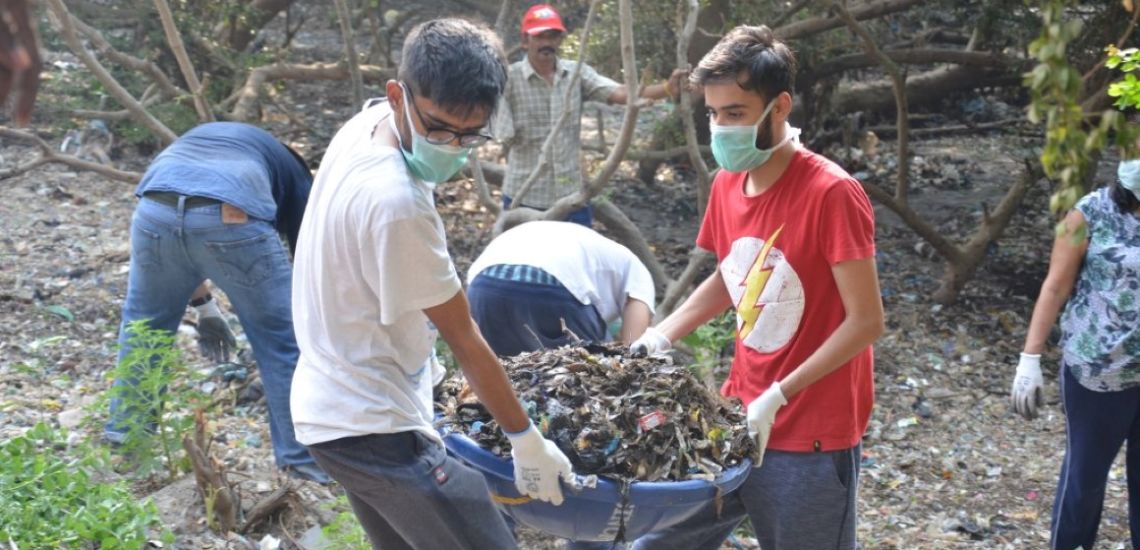
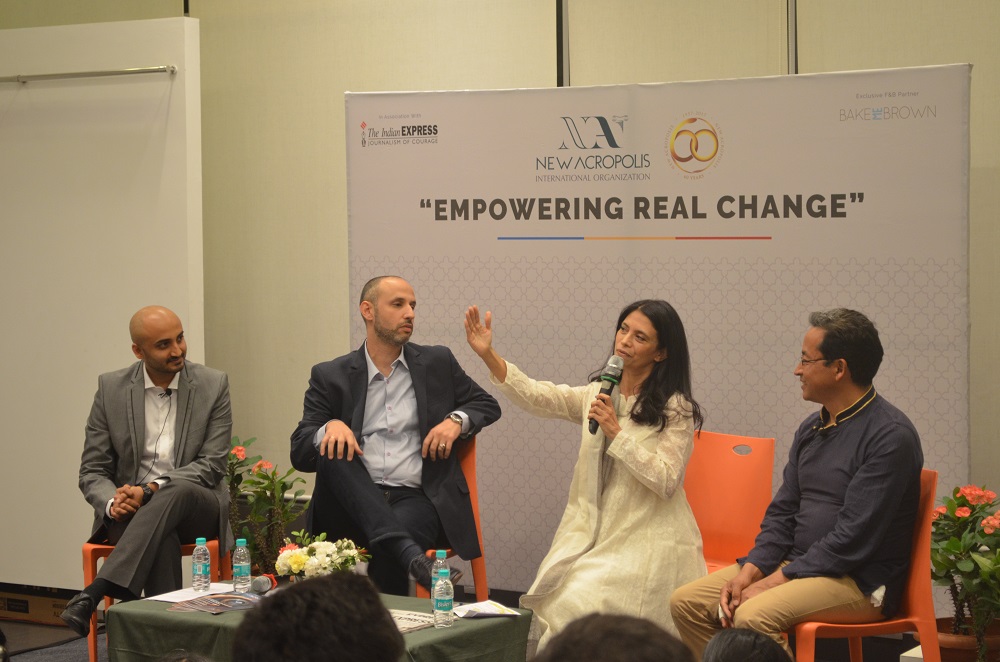
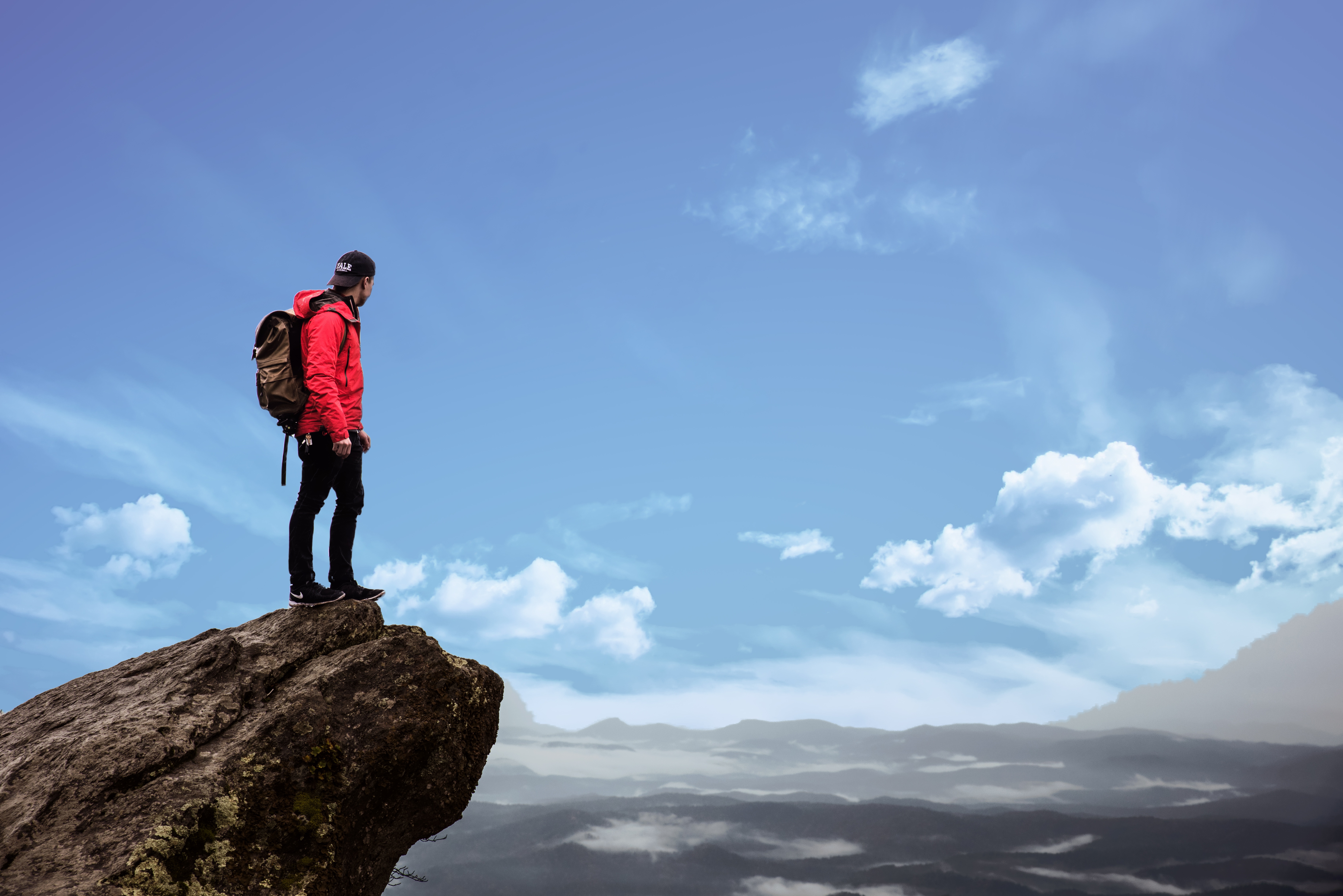
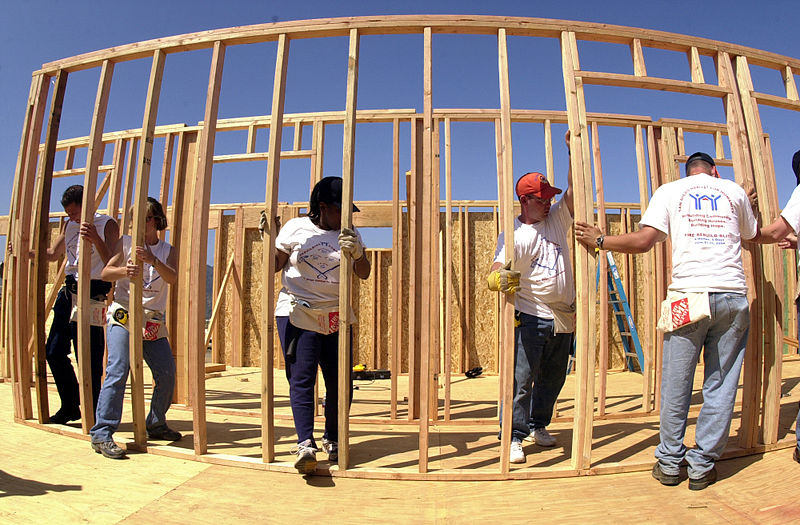
What do you think?